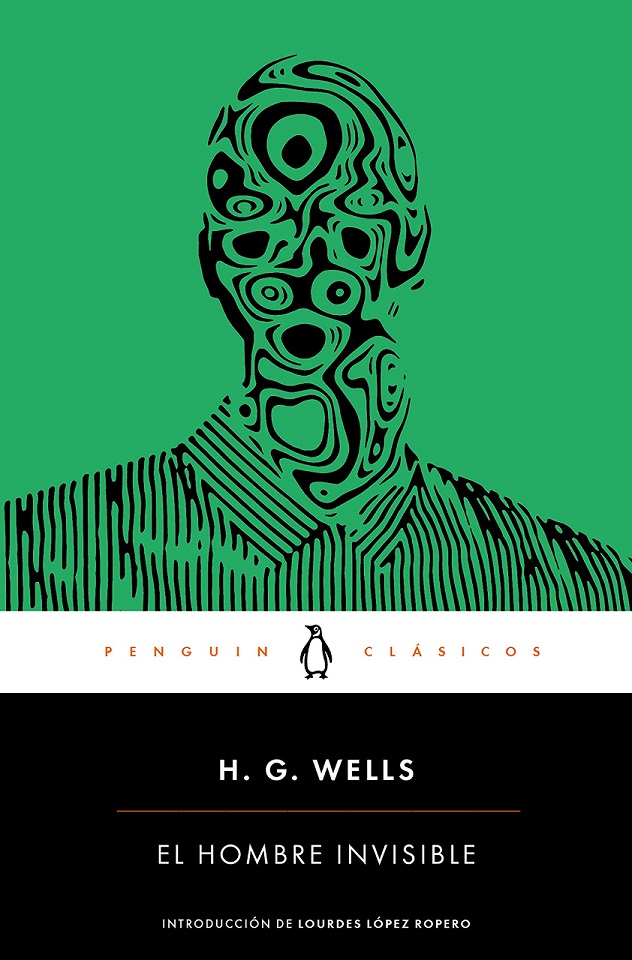And we got to who turned out to be, for various reasons, my favorite author when I started out in literature. In a recent entry on Philip K. Dick I cited the best of the world CiFi. With the father of all I close the thread.
And is that with HG Wells I began to be fascinated by time travel as a literary argument, a theme that I devoured in new authors and that I even addressed in one of my first novels: A second chance (ebook that by the way can be bought for a euro, here).
And it was also with him that I got into science fiction, those kinds of fascinating readings for any kid and that re-readings acquire new value with adulthood.
Without addressing in great depth the repudiable labeling, it can be assured that HG Wells He was one of the first writers to jump into science fiction (mostly because the science of his time began to emerge as a gigantic new world to discover, with its necessary drifts to any point, including literature)
Modernity was so in its infancy in those early years of the XNUMXth century that Wells inhabited, that somehow this great author still wanted to continue to believe (with increasing skepticism) that utopia was not so far from scientific, industrial and economic advances Without counting in some way on human ambition, capable of wanting the exclusivity of the best for oneself rather than a little of everything good for the whole of humanity.
But social or political ideologies aside, Wells's work is steeped in that certain candid point to present utopias and futuristic fantasies where the human seemed to have the role of making everyone a better place. Positive science fiction that captivated millions of readers.
Top 3 best HG Wells novels
The time Machine
More than 120 years have passed since the publication of this novel. More than a century in which a lot has happened ..., at the same time, little.
It is more than likely that in Wells' imaginary this advance of the XNUMXst century was determined by gigantic advances, but ... if we look around we really only find modernity as commercial advances of the latest smartphone and some exclusive use of medical advances for the privileged classes.
Space is still a place where we can only take a photo from an unmanned spacecraft. I don't know, I think he would be disappointed. In this novel we enjoy the presentation of the mechano as an instrument by which man could patent all kinds of fascinating evolutions.
The time machine, with its gears and levers, fascinated and still fascinates everyone who reads it. The fourth dimension, a term that Wells coined together with other authors and scientists of his time, becomes a plane to be reached thanks to technological developments such as those of the novel's researcher.
A time-traveling protagonist outlined as an eccentric guy who ends up lost in the future, where nothing is as it should have been ...
War of the Worlds
The anecdote of Orson Welles representing this book in radio version and terrorizing the entire United States from a station in New York is simply wonderful (in the perspective of time, because at that time it would be insane).
12 million listeners convinced that aliens were taking over the country, roads collapsed and people fleeing without knowing from what or where.
It is what a well-written work has, it can convince anyone in that basic mimicry of the imagination. The arrival of the Martians to literature, and to the world, for the first time, was a work of this great writer who did not present precisely peaceful beings ...
The invisible man
At some point in my childhood I decided that, beyond the powers of the usual superheroes, the invisible man was very cool. Surely it would be a matter of the adolescent longing to know the intimacies of his own and others, in addition to the ease of sneaking into any place for any purpose (including robbing a bank). The point is that the "figure" of the invisible man took science fiction and horror courses in many of his literary and film appearances. A lot of blame has this precursory novel...
HG Wells's visionary novel that gave rise to one of the most influential characters in popular culture of the last century. In this 1897 fantasy, HG Wells warns of the dangers of misused science and fiercely criticizes the ambitions of his contemporaries.
The plot focuses on the investigations of a brilliant scientist who discovers a way to become invisible. However, unable to reverse his experiments and unhinged by the suffering they cause him, he decides to use invisibility to sow evil, not even stopping at murder.
Other recommended books by HG Wells…
Tone-Bungay
Many times, when I am invaded by advertising with that power of the image plus the increase in sound typical of our televisions, I remember the Tono-Bungay tonic.
With a more critical intention than anything else, Wells presented this novel about a fantastic product…, or rather about some fantastic charlatans capable of coaxing everyone into believing that their tonic could do everything.
Placebo is not bad as a remedy, but marketed at a price of gold it becomes a scam. George, protagonist and in charge of the long deception based on the combination of placebo-publicity-suggestion, will discover this whole strange world of easy money and emptiness.




